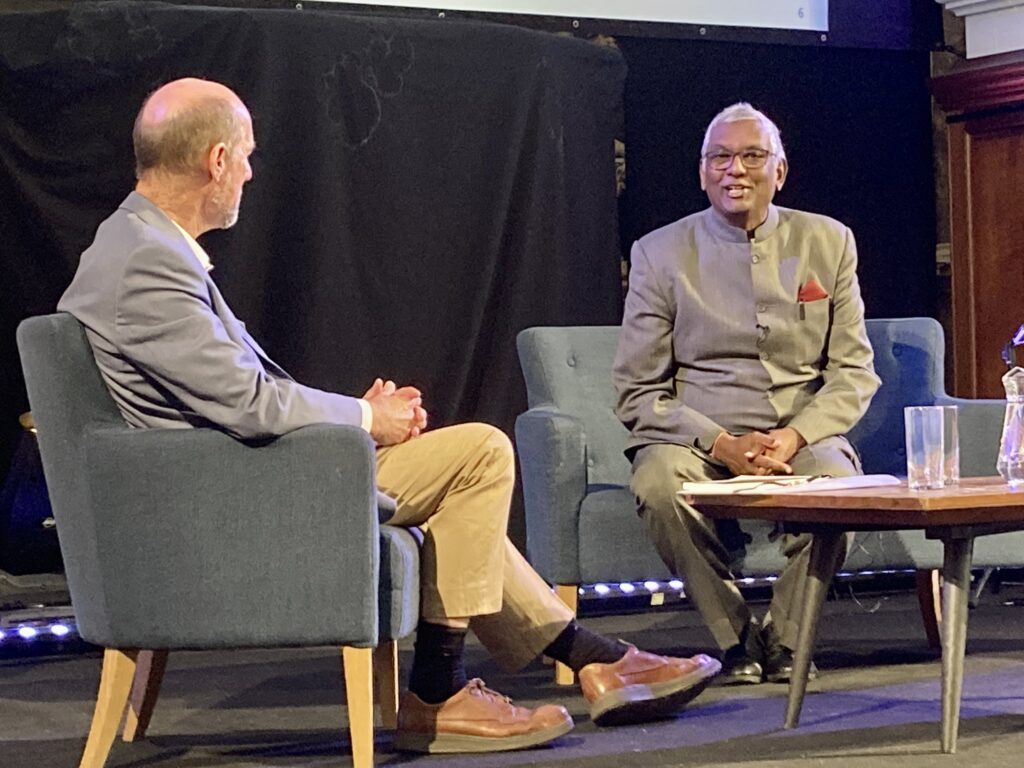PROFESSOR ATUL K. SHAH www.atulkshah.co.uk
Globally renowned expert advisor and broadcaster on culture, accounting, finance, business ethics, holistic education and leadership

A personal story of racism in British Higher Education which earns billions from non-white students- Ethnic Minority Academics in Education should be supported and not bullied or ignored
There has been growing evidence in the western world about the deep inequalities and conflicts generated by racism – in a variety of sectors from the public to the private. The Stephen Lawrence enquiry found the police to be institutionally racist in Britain, and not much has changed in thirty years since the report. Sport, including football, has been riddled with racism, and the revelations on cricket, especially the Yorkshire Cricket Club, and not excluding the England team, have raised a storm of protest and soul-searching, but the discrimination continues once the media look away. Higher Education is a sector which attracts hundreds of thousands of students from all over the world, including Britain, where ethnic minorities often are some of the best performing students. The revenues these minority students generate for the sector are in the billions. Yet even here, Empire prevails, with very few Black professors in any discipline, with even worse statistics in the social sciences. Policing, Sport, Education are just some of the examples of systemic racism.
In the Academy, there is a strong tendency to ‘intellectualise’ about racism, rather than to look at behaviours, promotions or recruitment processes. Senior academics, who often live in their heads rather than their hearts, have significant power, and are the first to deny racism in the strongest terms. If there is racism in society, why should we doubt it in the academy? Minorities who are lucky enough to get a job in Higher Education often suffer in silence, and have to keep moving towns and families, to get any promotion. My experience is that white people get significant privileges and are allowed to pitch their tent in a particular town and University, and collude to make life harder for ‘others’. Power and control are deeply instinctive acts for many white people – there is a cultural obsession with domination.

From the earliest days, I actively engaged with the public about the findings of my research, and was told by bosses to keep quiet and only write research papers
I have just written an auto-ethnography of my experience of racism in British Higher Education. If you browse this website, you will see the large number of books and publications and media appearances, including parliamentary witness work I have undertaken – there is no shortage of skill or resourcefulness, and a consistent passion for research and education. I could not find a single auto-ethnography in the literature, despite hundreds of accounting research papers being published every year, including a growing number on racism. It has come out in an exciting new ‘Handbook of Accounting in Society’, edited by Professor Hendrik Vollmer and published by Edward Elgar in the UK and globally. I encourage you to read this evidence-based research working paper to understand the nuances of racism, and hope that it will help those who are suffering in silence. I also hope that academic leaders are sensitised to this discrimination, and learn how it is much deeper than being open-minded, and also relates to the theories and subjects researched and taught by social scientists. I also hope that members of the Accounting Profession rise to this challenge and ask their professional bodies to deal with racism in education and training. Silence means far too many have to suffer, leading to stress and ill-health. We can and should demand change, and remove the prejudice and micro-agressions that so blight our academy.
